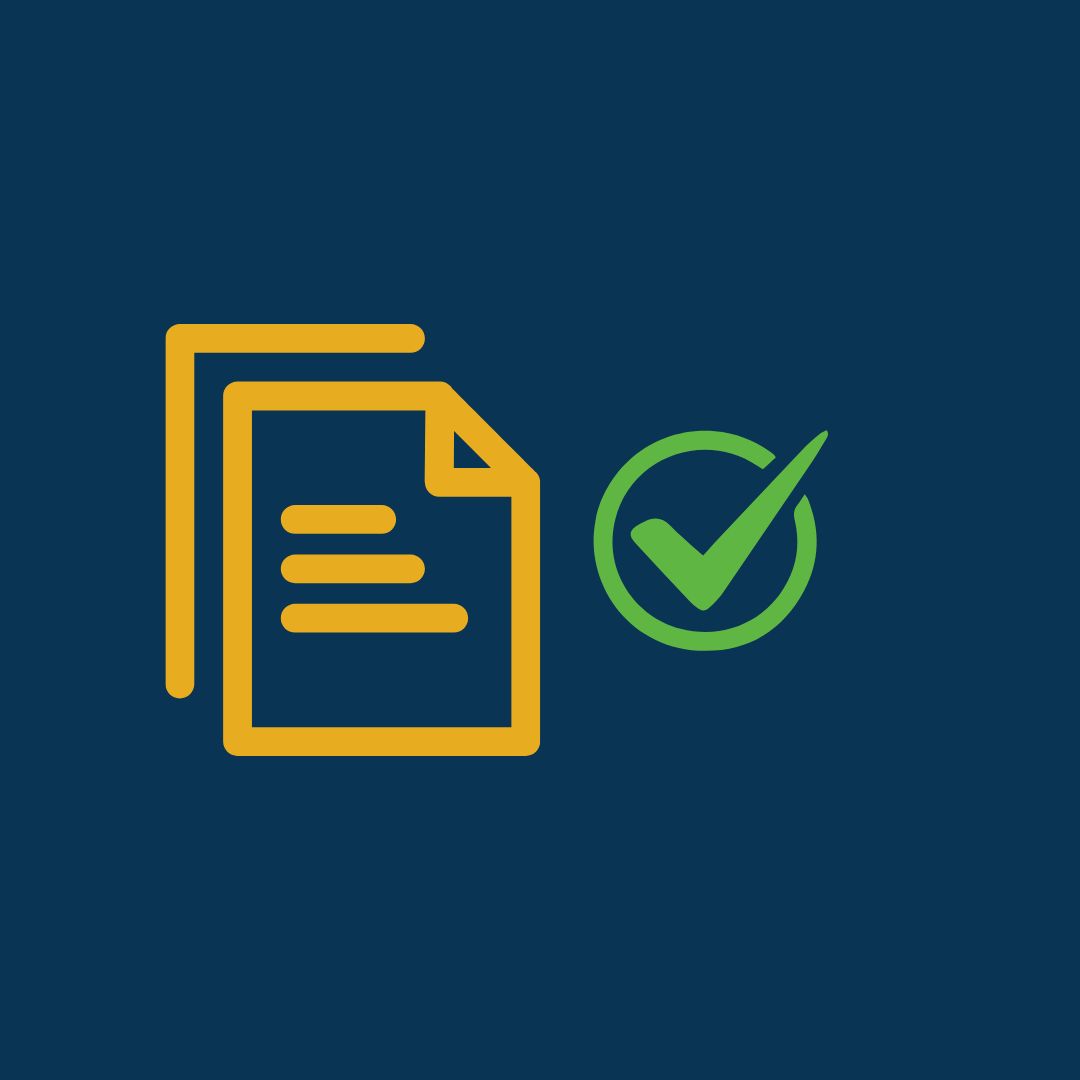Individuals and businesses alike often find themselves considering charitable contributions as a means to not only support causes they believe in but also to potentially reduce their tax burden. However, the realm of charitable giving can be complex, with nuances and regulations that require careful attention. As a tax professional, I aim to shed light on the intricacies of charitable contributions, particularly focusing on IRS Topic no. 506.

Understanding Charitable Contributions:
Charitable contributions are donations made to qualified organizations recognized by the IRS. These organizations typically fall into categories such as religious, charitable, educational, scientific, or literary, among others. It’s crucial to ensure that the recipient organization is eligible to receive tax-deductible donations, as contributions to individuals or non-qualified entities may not yield the desired tax benefits.

Deductibility Rules:
While the idea of deducting charitable contributions from taxable income is appealing, it’s essential to understand the rules governing deductibility. Generally, taxpayers who itemize their deductions on Form 1040, Schedule A, may deduct charitable contributions within certain limits. However, there are thresholds based on adjusted gross income (AGI) that dictate how much of a contribution can be deducted. Additionally, there are specific requirements regarding documentation for different donation amounts.

Types of Contributions:
Charitable contributions can take various forms, including cash donations, property donations, and even contributions of appreciated assets such as stocks or real estate. Each type of contribution comes with its own set of rules and considerations. For instance, donating appreciated assets may offer additional tax benefits, such as avoiding capital gains tax on the appreciation.

Record-Keeping and Documentation:
Proper record-keeping is paramount when it comes to charitable contributions. The IRS requires taxpayers to maintain documentation for all contributions, regardless of amount. For cash donations, this typically includes bank records, receipts, or written communication from the charity. Property donations require detailed appraisals for items valued over a certain threshold. Failing to maintain adequate records could result in the disallowance of the deduction upon IRS scrutiny.

Special Considerations:
Certain situations warrant special consideration when it comes to charitable contributions. For example, donations to foreign organizations may have different tax implications than contributions to domestic charities. Similarly, contributions made through donor-advised funds or private foundations have their own set of rules and regulations that taxpayers must navigate.

Remaining Compliant:
In an environment of increasing IRS scrutiny, it’s crucial for taxpayers to remain compliant when it comes to charitable contributions. This includes staying informed about changes in tax laws and regulations, as well as seeking guidance from qualified tax professionals when necessary. Additionally, engaging in proper due diligence before making donations can help ensure that contributions are directed to legitimate organizations that meet IRS criteria.

Conclusion:
Charitable contributions offer not only an opportunity to support worthy causes but also potential tax benefits for taxpayers. However, navigating the landscape of charitable giving requires diligence, attention to detail, and a solid understanding of IRS regulations. As tax professionals, our role is to guide clients through this process, helping them maximize the impact of their contributions while remaining compliant with tax laws. By staying informed and proactive, taxpayers can make meaningful contributions to their communities while optimizing their tax strategies.
Disclaimer: The information provided above is not meant to be legal or tax advise. You should consult your CPA and attorney to determine the best course of action for your situation.
Mitzi E. Sullivan, CPA is a cloud based professional services provider
specializing in cloud accounting.